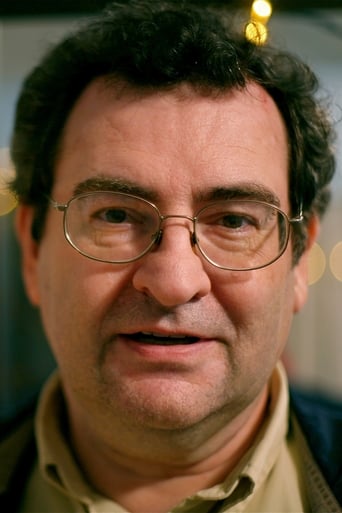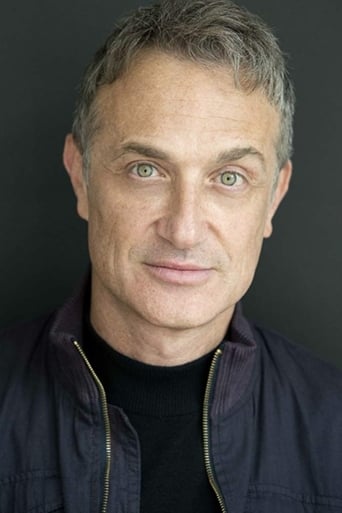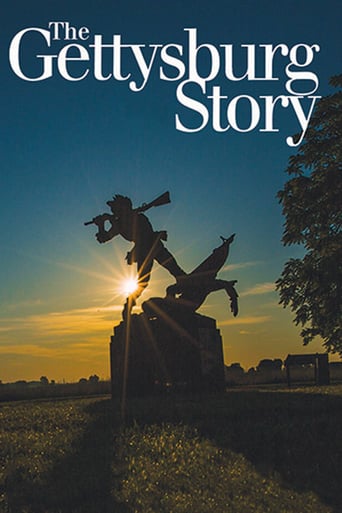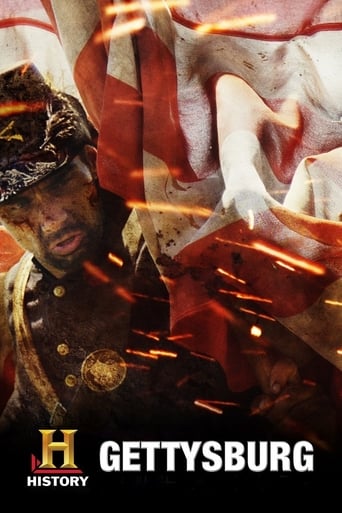
An examination of the Battle of Gettysberg on both the personal and strategic level.
Similar titles
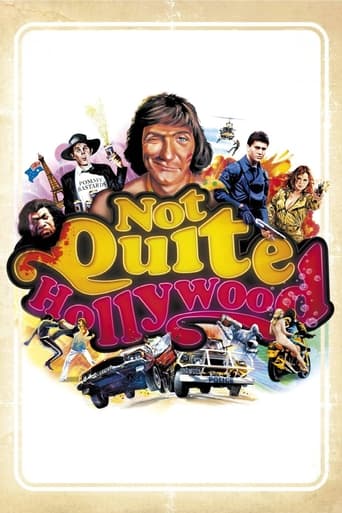
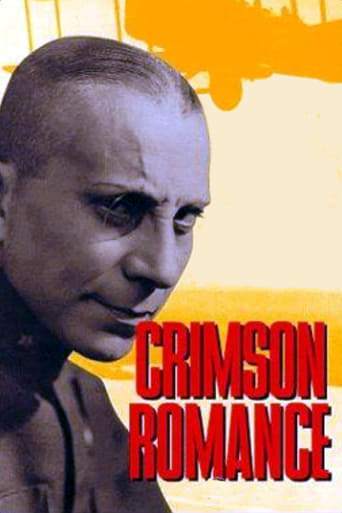

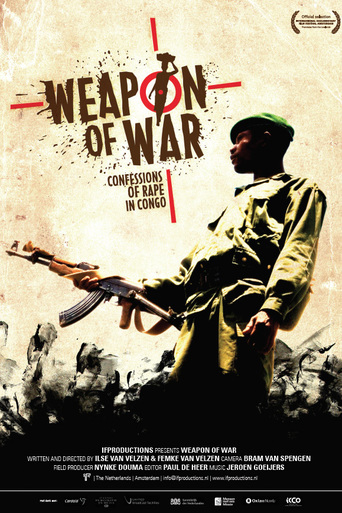
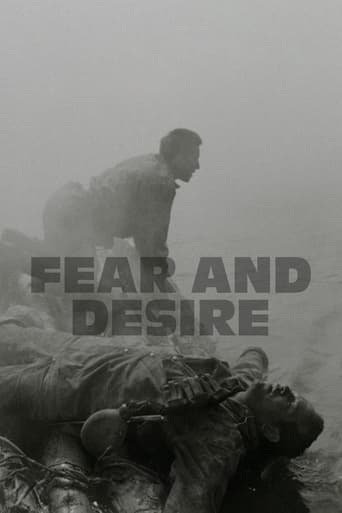
You May Also Like
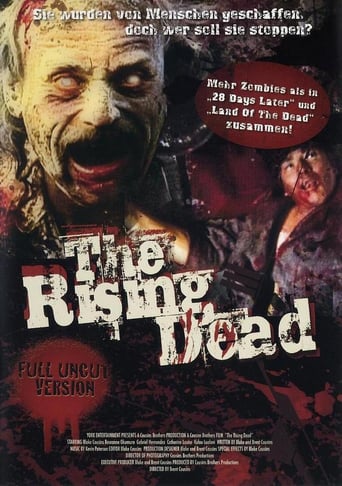

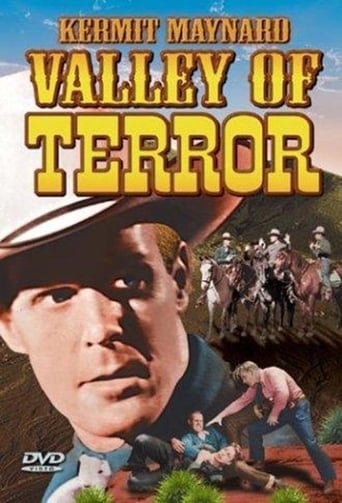
Reviews
Admirable film.
It was OK. I don't see why everyone loves it so much. It wasn't very smart or deep or well-directed.
The storyline feels a little thin and moth-eaten in parts but this sequel is plenty of fun.
This is a gorgeous movie made by a gorgeous spirit.
July first, second, and third, 1863 -- three days of horror in a small Pennsylvania farm town, the largest battle ever fought in the Western hemisphere.Modern Americans haven't shown themselves to be too keen on the Civil War, although the sociopolitical arrangement that we see today was shaped by the war. In a 2007 telephone sample, college students were asked if the American Civil War occurred in the half-century between 1850-1900. Only 43% identified this period as the correct one. This is, however, an improvement upon 1986 numbers: during a survey in that year, only 32% answered the question correctly. I suppose most of them have heard of the Gettysburg address, though I doubt many have read Gary Wills' book on the subject.In any case, even for those who have some interest in the battle in this remote town, there are myths floating around. (The battle began over shoes.) This film fills in some of the factual details that every American citizen ought to have SOME familiarity with. Not that -- as a film -- it's unimpeachable. It's filled with clichés and modernistic touches. Deaths are shown in slow motion -- we can blame Sam Pekinpah for that -- while blood squirts all over the place and innumerable CGIs produce fountains of fuzzy brown dust along with some convincing layouts of the environment.It began when Robert E. Lee decided that Virginia, where most of the previous engagement had taken place, had just about exhausted the state's resource. He moved his army north, through Maryland, and into Pennsylvania, threatening Harrisburg and Washington, DC. He also hoped to pick up volunteers from Maryland, a slave-owning border state, and perhaps demonstrate to France and England that the Confederate Southern States deserved official recognition as a separate country. Neither hope was to be realized.The gist of the battle is this. On day one, the two armies meet -- bit by it -- and the Union retreats to high ground and the Confederates drive the enemy out of Gettysburg, with Union officers hopping fences and hiding in cellars. A tactical victory for the South.Day two: Lee is hobbled by a lack of intelligence. His cavalry, under J.E.B. Stuart is off someplace capturing supply wagons. The Union now occupy a ridge south of the town. Under General Mead they form a splendid defensive position -- almost a circle of men, protecting their position from attack from any direction. Lee attacks both flanks and after much carnage on both sides, a disproportionate amount of it due to General Daniel Sickles, a "political general" among the Federals, whose mistake is not discovered soon enough for correction. Lee's assaults are repulsed. No mention of Joshua Chamberlain or Little Round Top.Day three: Lee guesses that Mead, having been attacked on the flanks, will reenforce his flanks at the expense of the center of his line. Therefore he marshals his men and after a ferocious but minimally effective bombardment, his thousands of troops assault the center of the line. This is generally and inaccurately called Pickett's charge on Cemetery Ridge. His men are slaughtered. Nothing about the irony of Hancock and Armistead. The next day, Lee takes his weary troops back to Virginia. The pursuit of the exhausted Union is late and perfunctory and Lincoln, fed up with non-aggressive generals, fires Mead.The program treats the Battle of Gettysburg almost in isolation from outside influences. There's virtually nothing about politics or long-term strategy or the issues that caused this devastating conflict. What we see is almost a reenactment of the battle in more modern terms than usual. I mean, the violence is more graphic. There's blood everywhere, dripping, squirting, clotting. The photography is crisp but faddish, with desaturated color and wide-angled lenses turning sweaty, dirty faces into porpoises. Deaths are shown in slow motion. During pauses in the action, loud heartbeats rattle the woofers. Fortunately, there isn't the instantaneous cutting, swish pans, and wobbling camera -- otherwise we might as well be watching an old-fashioned "action movie" that's "based on a true story." Wardrobe has done a credible job. The costumes are convincing and so is the makeup. There are informative CGIs too. We can follow the path of a Minié ball as it enters the human body. An image shows us how a cannon is loaded and fired. There are several talking heads that add to our grasp of what's going on, and that's helpful because the story unfolding on the screen is sometimes murky. (There are too few maps.) But the film does deal with usually deemphasized incidents -- the futile battle of stupid Sickles in the peach orchard, the confused night-time assault on Culp's hill.It was a momentous couple of days -- fifty thousand men dead, wounded, or missing. Americans butchering other Americans. The first general to die was a Union man, General Reynolds, but lots of generals were killed. With his last breath one of them, a Confederate hero, whispered to a wounded comrade, "Tell them that I died like a brave man." What a waste.
Ignore the reviews about inaccurate historical details, this film is very, very good. The action *must* be like it really was. Watch it. What a joke the reviewers here say about inaccurate historical details... they're just armchair historians giving poor reviews because they're obsessed with details about who did what and when. Who cares about who did what and when? It was such a chaotic battle, no one will ever really know the truth of what happened and when. The action in this film blew me away. My great great uncle fought there, and I'm sure he'd agree that this is the way it was. One of the best CW films I've ever seen, maybe THE best. It's the combat scenes that make it and that's what I, and most other guys, want to see realistically depicted.This film is simply the best. Ignore the nit-picking reviews. Darn the wannabe historians who think they have a corner on what the Civil War was about... Jeez.
You can make the case that the grammar of the regular enlisted man for North or South would be very basic, their vocabulary severely limited by a lifetime of not receiving any education.But even the Generals and other officers, particularly those on the South, are speaking gibberish, not one discernible English phrase. And it takes away from me taking this program seriously to any degree.I mean, do the actors get paid less if they just speak gibberish instead of English? Is that in the union contract or something? Case in point: Barksdale, he is shouting orders out that are in a language totally foreign to anything heard on planet earth. It really bothered me too because this was a pretty important commander in the "history" of the South, something the "history" channel doesn't take as seriously as most people, which in itself is confusing. Showing this man to be an illiterate buffoon that can't even muster a single properly structured sentence let alone a few words to his own troops does him a disservice.Just nonsense. History Channel has produced another winner here.
I'm a cultural historian, and I've don't a good deal of work on representations of history. To expect that a movie will offer a completely accurate representation of events is to ask too much. Still, this one drips with inaccuracies. The devil is truly in the details. For example, maybe some would argue that showing LTG Richard S. Ewell arriving on horseback is forgivable, even though he really arrived in a carriage and his wooden leg was promptly shattered by a Union minie ball. Unfortunately, though, the arrival on horseback supports the idea that Ewell was eager to take vengeance for the leg he had lost. There's nothing to support this. Historians have found plenty of evidence that he was not fighter he had been. MG Isaac Trimble almost begged Ewell to order an attack on Culp's and Cemetery Hills on July 1, before Federal troops had entrenched and solidified a position. Ewell refused. There are similar gaffes throughout. It's not clear what point the producers wanted to make here; if it were, perhaps the reason for the easily avoided errors would be clear.
Top Streaming Movies













